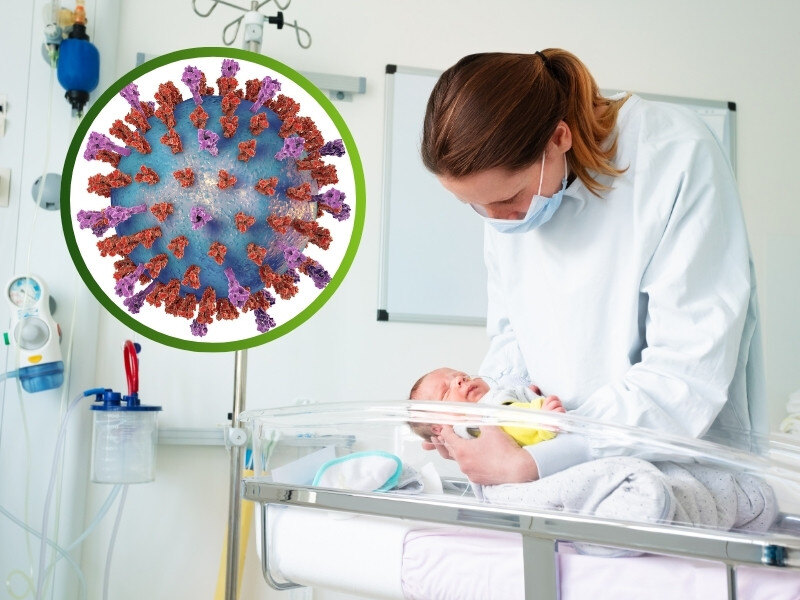University College London Hospitals Begins Clinical Trial for One-Off CAR T Treatment for Lupus

The University College London Hospitals (UCLH) has announced that it has begun dosing of three UK lupus patients with CAR T cell therapy in a breakthrough clinical trial. The UCLH NHS Trust is investigating CAR T to treat the most serious form of lupus.
Patients will receive a one-off dose of CAR T therapy which researchers hopes could improve, reduce, or even cure the condition, removing the need for a life-long drug-taking regimen for those patients.
UCLH and UCL are leading the global phase I clinical trial called CARLYSE, sponsored by biopharmaceutical company Autolus.
The first of the three participating sites to recruit a UK patient was the National Institute for Health and Care Research (NIHR) Manchester Clinical Research Facility (CRF) at Manchester Royal Infirmary (MRI).
One of the patients to participate in the trial, 50-year-old Katie Tinkler from Guildford, Surrey received her dose of CAR T at UCLH NHS Foundation Trust on Wednesday.
She told PA News agency: “I am beyond excited. [...] Up until now, there’s never been anything for lupus that is a possible cure. [...] When the professor phoned me back in April and said, ‘we’re bringing a trial here, would you be interested?’ oh my gosh, I jumped at it."
Lupus currently affects approximately 69,000 people in the UK. The immune autoimmune disorder currently has no cure, and its cause is not fully understood by scientists. Patients with lupus report symptoms including joint and muscle pain, skin rashes, and extreme debilitating tiredness.
Leading the study at the MRI is Ben Parker, Consultant Rheumatologist at the Kellgren Centre for Rheumatology. He said: “We are delighted to be the first to deliver this fantastic research in the UK, which we hope will revolutionise treatment for patients with high-risk lupus, that could potentially lead to a cure for the disease."
“Lupus is a disease that requires life-long medication, but this therapy has the potential to change that, which is incredibly exciting.”
This trial comes after previous successes in early phase clinical trials which tested the CAR T therapy AUTO1/obe-cel against blood cancers.
UCLH Consultant Haematologist and UCL Cancer Institute researcher Claire Roddie said: “It is fantastic to be involved in the wider development of the UCL-innovated, ‘low toxicity’ CAR-T therapeutic AUTO1/obe-cel for patients with refractory lupus."
"We are hopeful that AUTO1/obe-cel will have a similarly transformational impact in patients suffering the debilitating symptoms of refractory lupus and it is hugely exciting to be able to offer this novel treatment to our lupus patients.”
Tinkler commented: “The dream is to be lupus-free – that would be phenomenal.”







